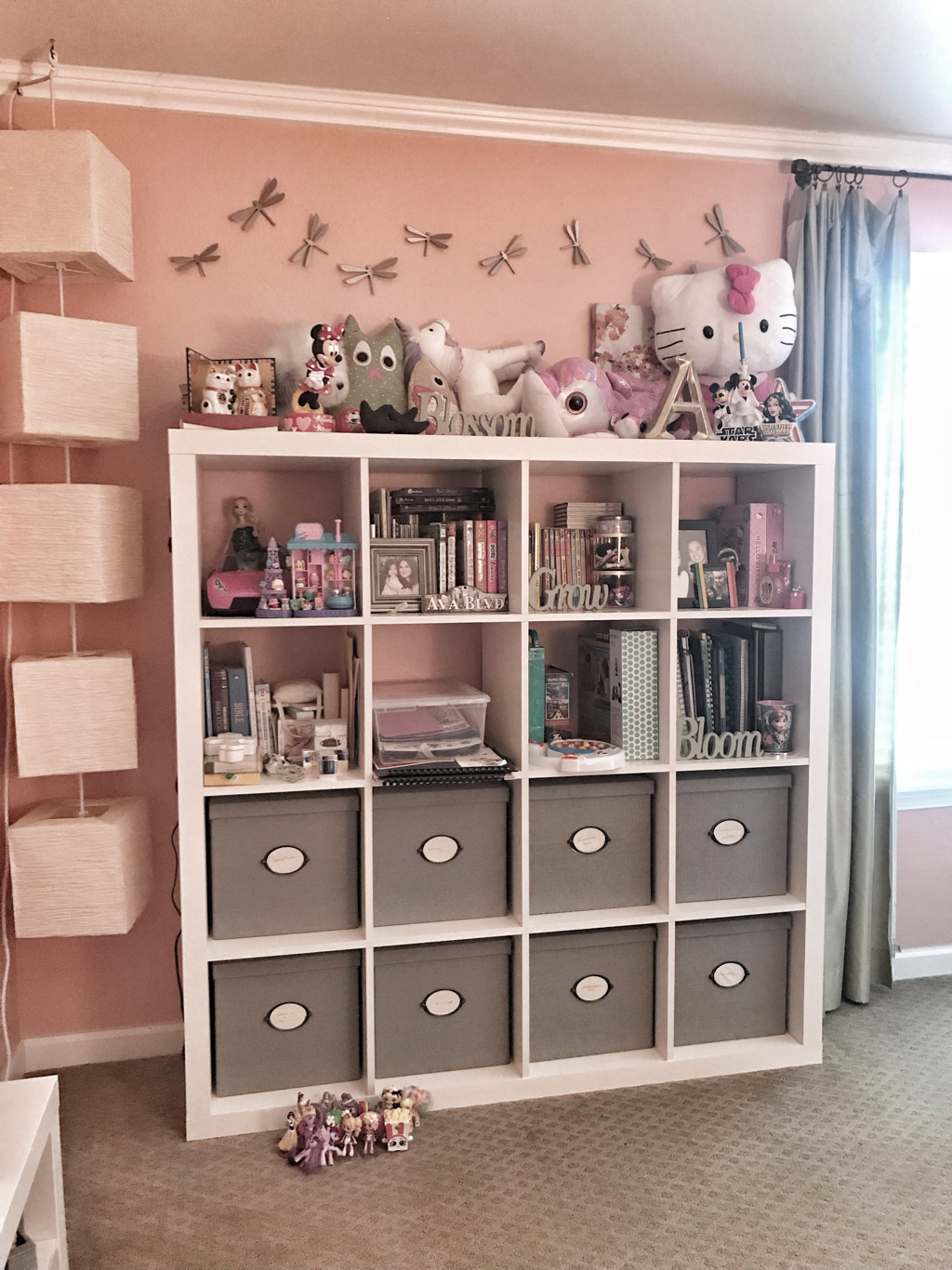|
Coming up with the content of this entry, I was a little hesitant because I'm bound to offend someone (face it, you can't make everyone happy) with what I'm about to put out there - advice on child-rearing. Yes, I know I am NOT an expert but we certainly learned a few things in raising our 3 children. I must state that, every time I give parenting advice, it's because I'm being asked. I try not to give any unsolicited advice because I know what it feels like to be judged. Most people with children have good intentions and will do what they need to do to get by. For us, we've made (and will make) mistakes but we learn every day how to deal with our children's shenanigans - no matter how big or small. I admit, I'm extremely flattered when people compliment my husband and I on our parenting skills because even though we question ourselves frequently we know that, somehow, we did something right. We're often asked how we raise our kids and the real answer is we don’t have a specific formula...we just learned along the years by trial & error and by observing other parenting styles we admire and try to put our own spin on it. Honestly, we still struggle and no way will I be airing our "dirty laundry" online, but we have had our fair share of challenges which, I'm sure, will keep coming as long as our kids are living under our roof. We are, however, proud that our kids are growing up to be independent people. whereas both my husband and I struggled (in our different ways) when we were their age. What we're trying to avoid is inhibiting our children's development into maturation (hello, PETER PAN effect!). We want them to become capable adults who can do things on their own and not be afraid to get out there and take risks. Before you proceed in reading this entry, I will state again that I am NOT an expert but I encourage you to stay and check out our tips on raising a self-sufficient child and, hopefully, our tips can help you with your children in some way... 1. Assigning Chores Now I know what some of you may be thinking...we are too strict, we need to let them be children, etcetera..etcetera... We fully believe that giving our youngsters chores gives them a sense of responsibility and ownership. I've had interactions with kids nowadays who say they literally do NOTHING and aren't expected to. This might be a recipe for disaster (okay that statement might be a little dramatic), but giving them nothing to do to contribute to the household could seriously affect them when they start living on their own. We started assigning each of our children simple tasks when they were as young as 4 and gradually worked our way to more complex ones as they got older. Younger children can help in sorting dirty laundry by color OR pairing socks (to liven it up, sometimes we'd make a game out of it)! Older children can set up/clear the dinner table, put dishes away, sweep the floors (our 9-year-old daughter's an expert on this)! Teens can vacuum, wash the dishes, prep ingredients for meals, mow the lawn, etc. We highly recommend chores for the kids. We feel like this will prep and motivate them to not only work hard, but to contribute to society in some way. 2. Let them work for what they want
In the past, if I brought work home from the office or if I needed help with a makeup gig, I'd have one of them act as one of my assistants. I might have them print, collate, and staple paperwork or I would have them help me in rinsing makeup brushes and sponges I've washed. Once they’re finished with their said task, they can rest easy knowing they've contributed to something and then enjoy the time they'll spend doing something they want by earning it. 3. Maintaining their OWN RoomsPeople always tell us that kids yearn to be their own person. When they're little, they are so proud when told they're acting like a "big" boy or girl. It gets more challenging as they grow, of course. When they're teenagers, they want to be seen as adults and often act like they know everything. To get with the program, we give our kids the freedom to each handle their own rooms...after all, it is their own personal space. With our kids, we let them choose their rooms and collaborate with us on their decor (this includes any special requests (i.e. TV, video game console, computer, etc.) We then agree that, in order for them to keep what they want in their room, they'd need to maintain it as best as possible. I'm not going to lie...their rooms aren't always pristine (and we don't expect them to be). However, if they don't try to upkeep their spaces, we take something away. One of our kids is really good at it, one is so-so, and one needs major improvement. HAHA As long as we give them some responsibility in their own rooms, we feel that they’ll take pride in taking care of their own household when they’re grown. This is just our theory - and we could very well be wrong - but we're sure we’ll find out in the future! 4. Letting them Fight their OWN Battles As parents, we have that innate desire to always protect our kids from everything bad out there. I was definitely that way with my firstborn. However, with each kid born thereafter, we pulled away for a bit. We realized that arguments are normal. Jerks are everywhere, Unfortunate things happen. If we're always there to save our kids, what good will that do them when they're out in the real world? Kids need to learn how to resolve conflicts on their own - we don’t want them to be pushovers or accepting of aggressive behavior. As parents, we can advise them as best as we can and teach them the difference between right and wrong. Accept that they will come across trials and tribulations along the way and that they will be able to deal with issues. It's okay - our kids are resilient and they'll be experts in bouncing back from less than pleasant situations in the future. Of course, if you see them struggle, and I mean REALLY struggle (there's a bullying situation in your hands, for example), then, by all means, it's okay to step in because a little back up is needed once in a while. In other situations, try and leave them be. 5. Activities are a MUSTAt some point in their lives, they're going to be dealing with people on a professional level. We enroll them in various activities, encourage them to sign up for clubs or volunteer work, sign them up for sports, or have them experience real work situations. For this last one, a couple of my kids have done some modeling (so, yes, they're actually working) but for "work" you can have them help you with office-type tasks simulating real work settings (see tip #2). As a youngster, I wasn't encouraged to talk to adults because I was "just a kid." This put a damper in my confidence! Now that I'm an adult, I still often find myself second-guessing my decisions. I definitely don't want that for my kids. We feel that dealing with people in a team setting or the general public will give our kids a sense of camaraderie, learn to take direction, experience working with different temperaments, develop personal enrichment, and gain confidence in their abilities. 6. Ask QuestionsMy husband and I will often encourage them to ask questions and not to be afraid to do so. Being timid asking questions will never get you closer to the answer so might as well ask! We tell them it's OK not knowing everything and there are no stupid questions. Besides if someone treats you like you're stupid, it's more about them most of the time! Like I said, there are jerks out there. Here is a quick and cute story...when my 16 year old was about 7, we had just crossed over from Canada and did some shopping at a premium outlet here in Washington not too far from the border. We gave him money to wait in line to buy shoes and when it was his turn, he casually asked the cashier if they took American money. Of course the cashier laughed and told the other cashiers...they thought it was the cutest thing. My son, however, was oblivious and he didn't even hesitate to ask when most would think it was a "stupid" question! Heck we all say/ask seemingly stupid things but this is how we learn - think of our children and their innocence - any questions they have is critical to their development and the last thing they need is someone making them feel like idiots. As a former boss of mine once said, "People don’t know what they don’t know." Sometimes it’s best to look foolish (by inquiring) than act like a know-it-all. Asking questions teaches our kids initiative and resourcefulness by being proactive in learning what they can to get by. As I always say, we never stop learning! 7. Expose them to All types of PeopleI'm not sure how to word this tip, but it's what I think best describes what I'm trying to convey. I see so many cliques and exclusivity that it's a little unfortunate. My husband and I absolutely hate when people are left out. We tell the kids to treat everyone the same, no matter what. Most of us live in a diversified world - people of various backgrounds (culturally, economically, etc.). After all, we are each unique and these traits make us who we are. We encourage our children to mingle with others "different" from them. By doing so, they understand each other's world, will expand their communication abilities, strengthen their interaction skills, and will likely become more open-minded adults. Our kids, for example, formed some strong bonds to a good bunch of kids. It makes us proud how diversified our children's group of friends are. In their adult lives, it is a given they’ll deal with various types of people. To have people skills will strengthen their independence all the more by giving them the confidence they need to interact with just about anyone. My husband and I are blessed that we can deal with all types of people (though, it took us time to do so) and we only hope that our kids will be the same as they grow into adulthood. 8. Give them a Sense of FreedomI've heard it all from people...we are TOO strict...we are TOO lenient. Again it's impossible to please everyone so you do what's best for you and your family!! This last tip can either be seen as a hard YAY or a hard NAY. I admit, this is something I grapple with but getting better at. We are somewhere in between as far as how lenient and how strict we are when it comes to our children's freedom. Before letting our kids go out with their friends (or by even just going out by themselves), we often talk to them about how our actions affect how others see us, making first impressions, dealing with the consequences of their decisions, being considerate of other people, etc. Of course, our kids are hearing what we’re saying but the real test is whether they’ll actually take our advice...how will they behave when we're not there? Sometimes their peers' words take precedence over ours. Lots to worry about but learning to trust them takes time. Luckily, we've heard mostly good things but there were some incidences where it wasn't all too great and, with that, came some consequences. We can only hope our kids learn from any mistakes they’ve made, correct their situation, and avoid a similar one from happening again. Don't get me wrong - we still give our kids a curfew and expect them to call us if plans change. There are still people who think we let them do whatever they want but they couldn't be more wrong. We do weigh things out on a case-by-case basis and, most of the time, it's harmless. So, yes, we do say "no" when we feel it inappropriate. Like I said before, I still have trouble letting go but I know it's something us parents have to do. I would rather let them go out and be open to talking with us than sneak around (like I did - shhhh) and have them lie to us. Final ThoughtsAlways remember to talk with your kids...some people tend to avoid this because they think kids aren't able to understand - this mentality is far from the truth! News flash - children are a lot smarter than you think! As we've experienced over the years, kids will push your buttons by crossing boundaries or they will try to appease their peers by doing something stupid...the only thing we can really do is continue to guide them, hope they learn from their mistakes, hope that our words will resonate with them and that they make good decisions.
I'm not going to sit here and act like we have perfect kids - because we don't - but I will say they are aware of themselves and are confident in the sense that they know they are self-reliant and can mingle with just about anyone. The relationships they’ve formed with others seems pretty solid - at least for the most part. They do things around the house sometimes without being told. They can fix their own meals by cooking rice or a simple breakfast if my husband and I won't be able to. We have started to come to the point where we don't think they'll be relying on a woman or man to pick up after them. Everything will be okay and the hard job we have as parents will be well worth it. ~XOXO, Mari
1 Comment
10/14/2020 05:57:50 pm
Some individuals that are exposed to traumatic events may feel that they are flawed or damaged making them emotionally unavailable and would rather not be in relationships.
Reply
Leave a Reply. |
Meet MariWelcome to my blog where I share my inner thoughts on life and all things I love - beauty, home decor and design, amazing food, our family travels, and fashion! Archives
March 2021
|

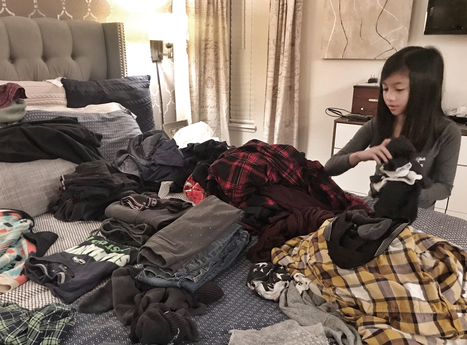
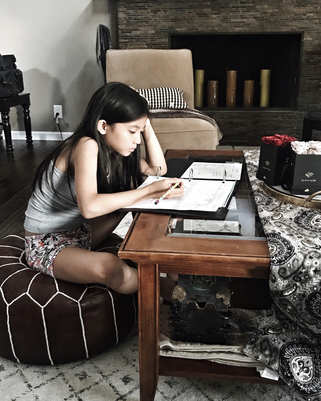
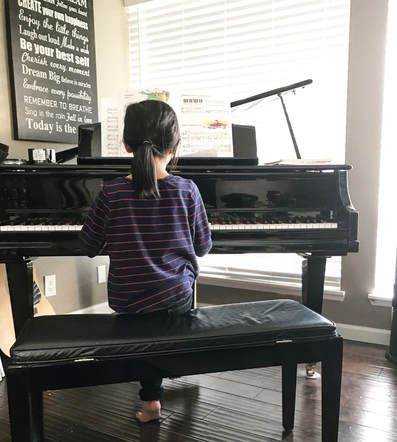
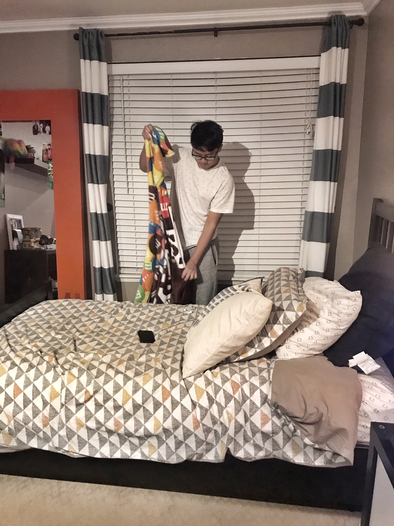

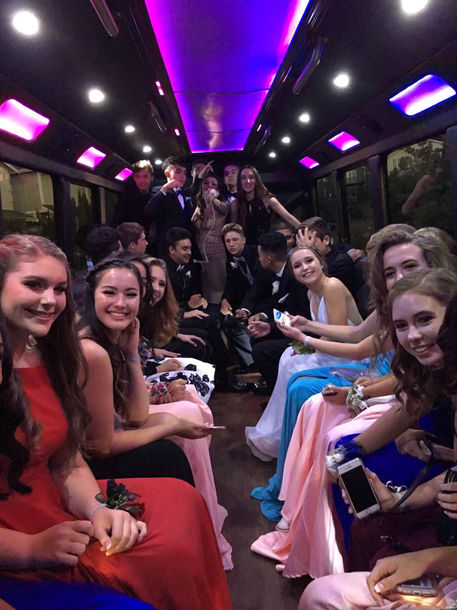

 RSS Feed
RSS Feed

